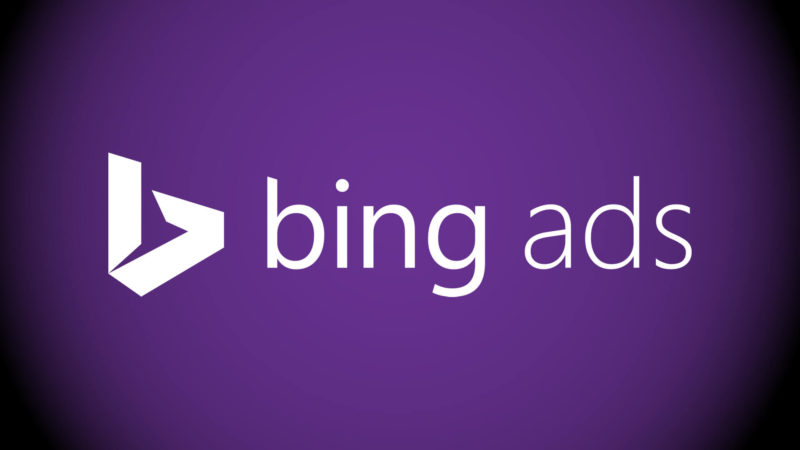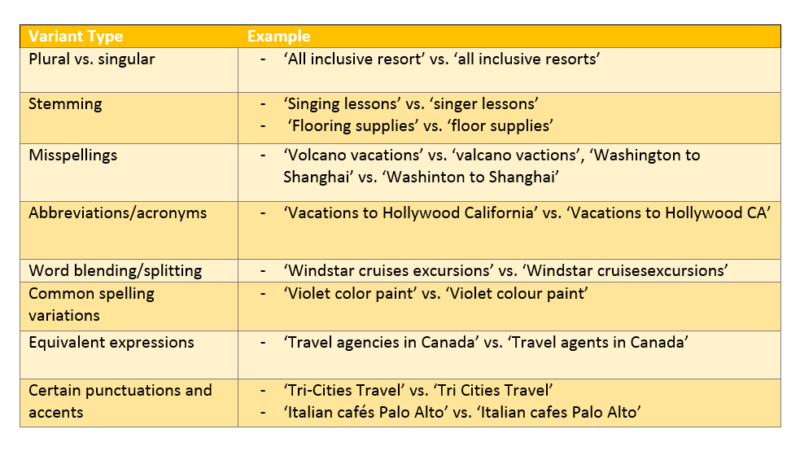Bing Ads To Force Close Variants On Advertisers & Will Modify The Way That Negatives Operate
Last year Google ticked off paid search professionals with the announcement that a true Exact Match will no longer exist. Next month, Bing will be following suit when close variants will be added to all campaigns. Additionally, big changes are afoot with negative terms, advertisers will need to take heed to the new matching rules. […]
Last year Google ticked off paid search professionals with the announcement that a true Exact Match will no longer exist. Next month, Bing will be following suit when close variants will be added to all campaigns. Additionally, big changes are afoot with negative terms, advertisers will need to take heed to the new matching rules.
Close variants instruct ads to show for variations on keywords. For example, an ad placed for “Travel Agent” may show for “Travel Agencies”. While not a huge deal for most advertisers, it’s quite a burden for control freaks. Some specific terms can be much more profitable, and this targeting will no longer exist on May 21st. Instead of actually having an exact match, advertisers show for variation upon variation, a frustrating problem for both laser-targeted spending, and reporting. The only way around it is to work exponentially more and add negative keywords to mitigate the additional terms that you’ll appear for.
The good news? Folks who aren’t advanced won’t have to worry about adding tons of exact match terms (though they could simply use a broad match keyphrase). Bing reports that there has been a 2-3% increase in click volume, with roughly the same ROI across the board.
Another change about to roll out may cost marketers millions in wasted clicks. Traditionally advertisers could simply toss a negative keyword into their campaign and the ad wouldn’t be fired for that term under any circumstances. This was a huge boon for advertisers with many terms. The negative would trump any keywords that were added to the campaign. This logic will be reversed on May 21st. Instead of the negative term trumping the keyword, the keyword will trump the negative. This means that a campaign that features the keyword “discount tickets” and the negative term “discount” will begin showing ads when a user searches for a query of “discount tickets.” Those relying on using negative terms to solely control your campaigns will need to readjust to remove keywords as there will be no way to have a true “blocking” negative term. All terms will need to be removed at the keyword level. Here’s an example from Bing:
The good news is that Bing hasw a negative keyword conflict report that will help advertisers uncover problem terms.
Overall, this should be great for Bing, as they’ll show ads more often with the addition of close variants and deprioritization of negative terms. This also may help first time users that aren’t familiar with the system, but will likely cause initial advertising inefficiencies for hardcore marketers.
These changes will be live May 21st. For more information see the official announcement from Bing Ads.
Opinions expressed in this article are those of the guest author and not necessarily Search Engine Land. Staff authors are listed here.
Related stories
New on Search Engine Land


